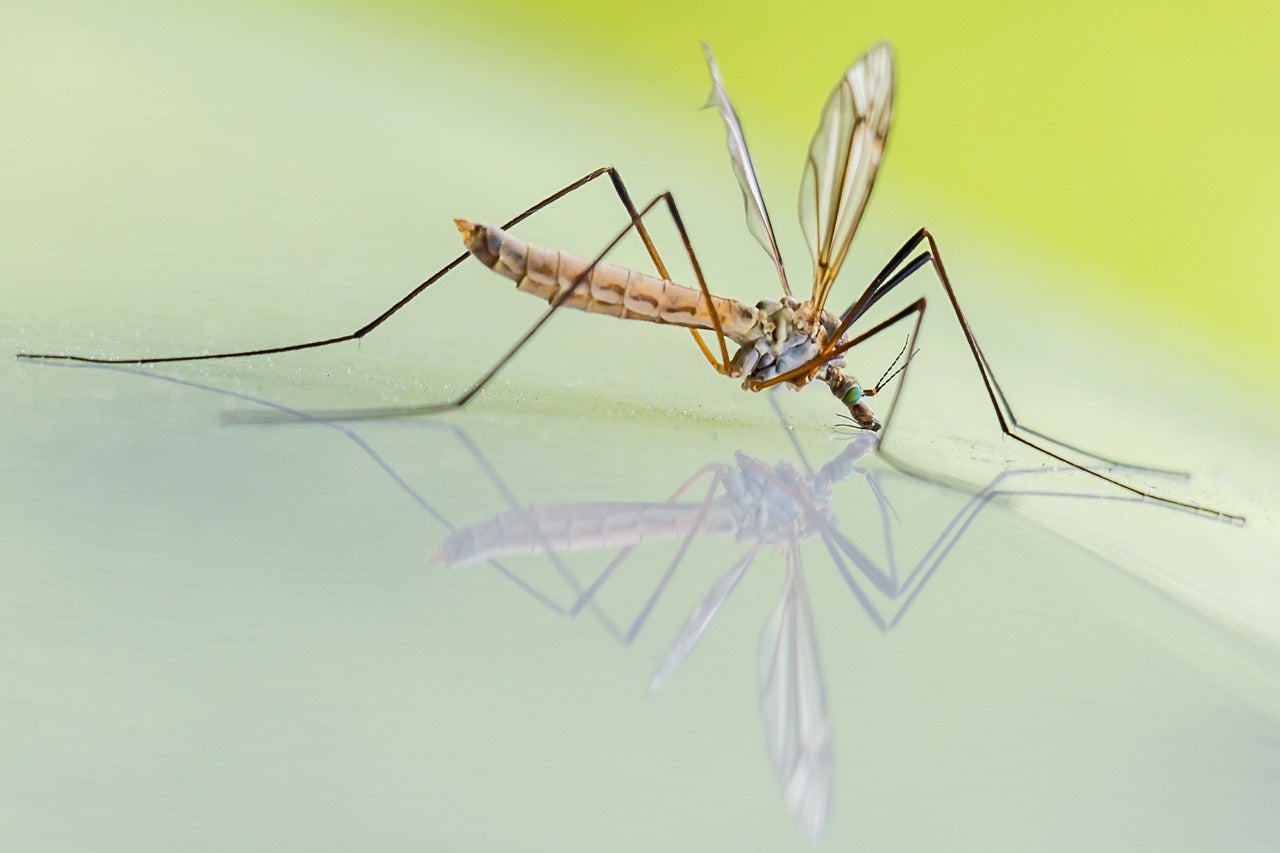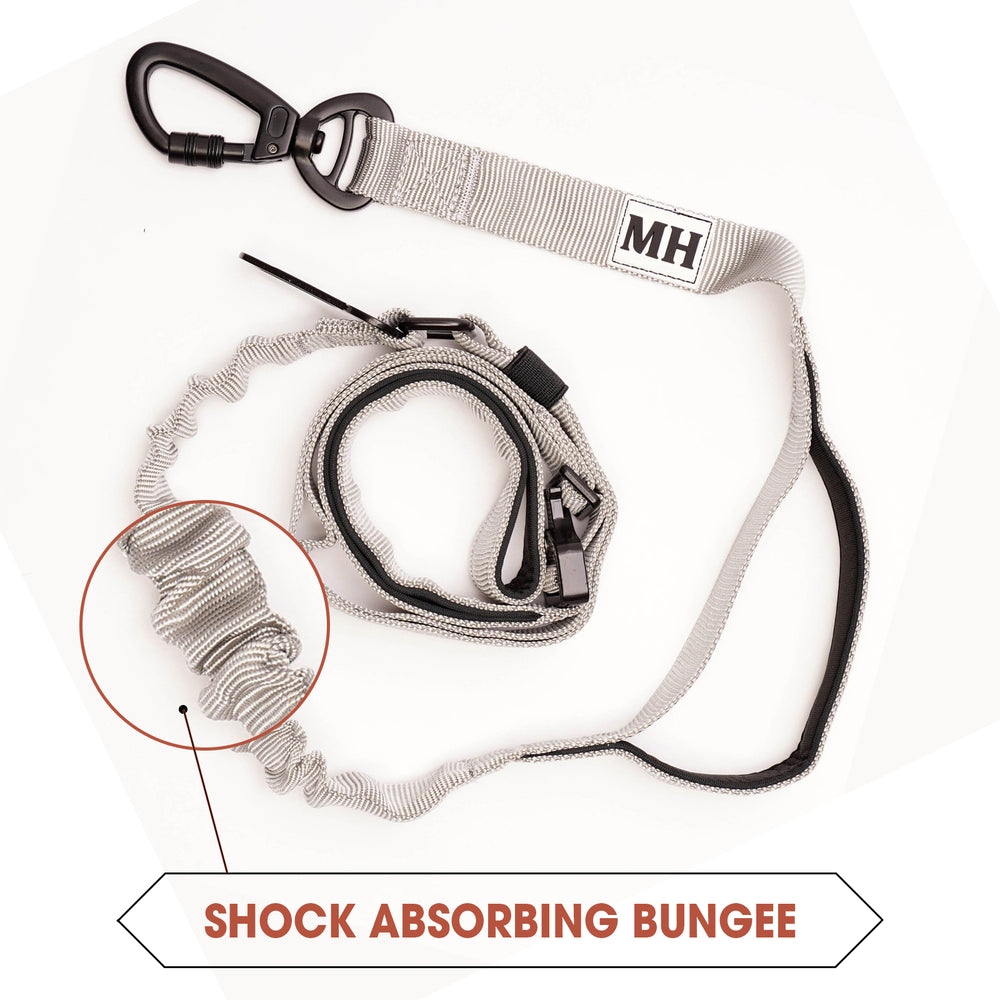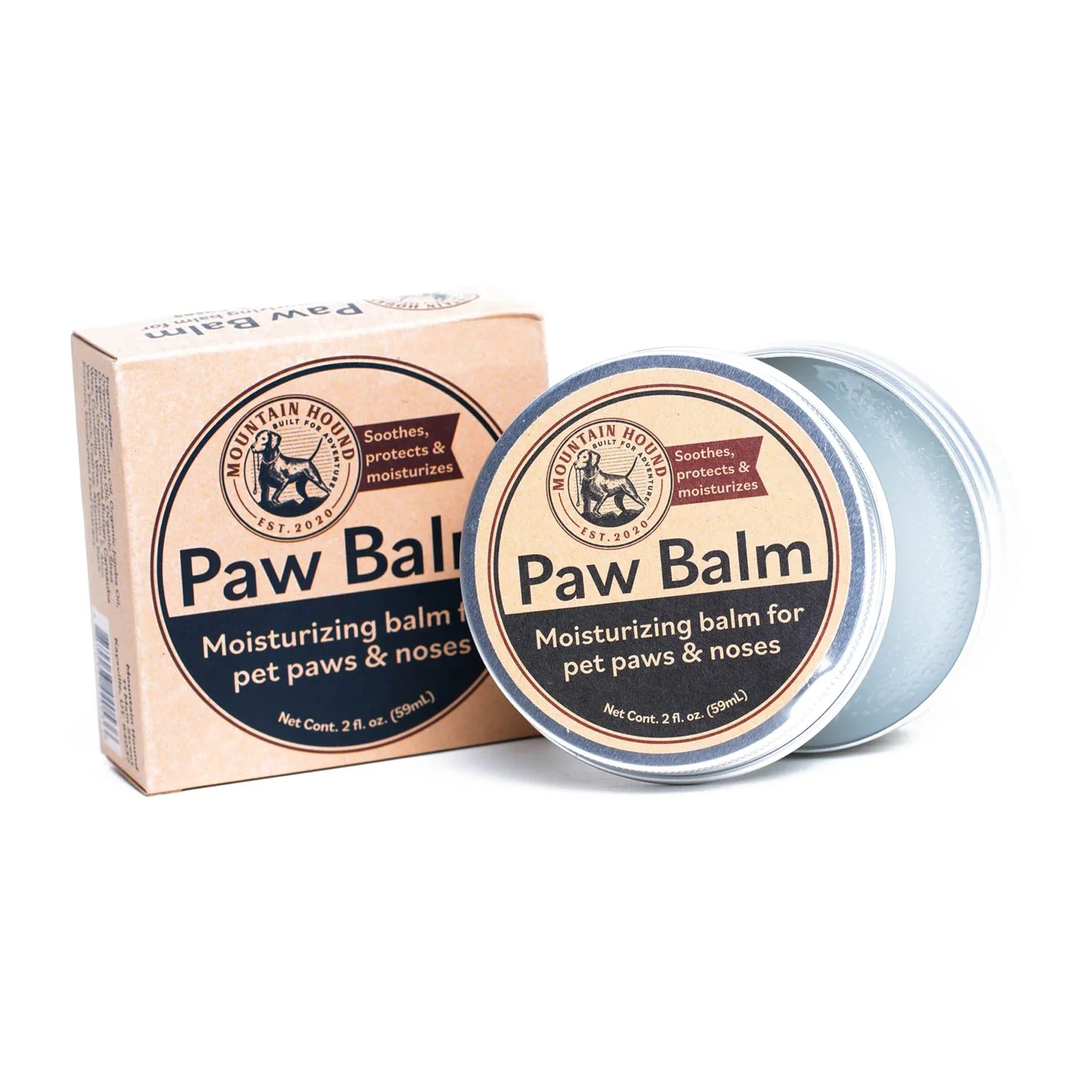What is Heartworm?

As a pet parent to a bouncy hound, you want your furry friend to be in the best possible health at all times. Unfortunately, a multitude of diseases can affect dogs, one of the most common of which is heartworm disease. You may have heard of heartworm, but do you know what it is and the effect it can have on your dog? In this Mountain Hound blog post, we will provide all the information you need about heartworm disease, from what it is to its symptoms and its treatment.
What is Heartworm?
Heartworm disease is a potentially fatal canine health condition caused by a parasitic worm called Dirofilaria immitis. These worms are transmitted to your dog via the bite of an infected mosquito. Yes, those pesky bloodsuckers don't only enjoy nibbling on you; they're also partial to sip or two of canine plasma!
Once inside your hound's bloodstream, the worms can grow up to a foot long and particularly enjoy living in your hound's heart, lungs, and blood vessels. Over time, they can cause significant damage to your dog's organs, leading to heart failure, lung disease, and other life-threatening complications.
Signs of Heartworm in Dogs
Many dogs with a heartworm infection don't show symptoms in the disease's early stages. This is primarily why heartworm is often called the "silent killer." However, as the disease progresses, dogs may exhibit a range of symptoms, including:
- Coughing
- Shortness of breath
- Loss of appetite
- Fatigue or lethargy
- Weight loss
- Swollen belly or limbs
- Fainting or collapse (in severe cases)
Diagnosis and Treatment of Heartworm Disease
If your hound exhibits any of the above symptoms associated with heartworm in dogs, it's vital to take them to the vet immediately.
First, the vet will perform a blood test to check for the presence of heartworms. Then, if the test comes back positive, your dog will require treatment, which typically involves a course of medication to kill the adult worms. Depending on the severity of the heartworm infection, your furry friend might need to be hospitalized for close monitoring during treatment.
Prevention of Heartworm Disease in Dogs
As with most diseases, prevention is best when it comes to heartworm. Fortunately, there are several ways to protect your dog from infection. The most common is a monthly heartworm prevention medication, typically a chewable tablet or topical treatment.
Administering this medication regularly is important, as missing doses can leave your dog unprotected. Additionally, you can reduce the risk of mosquito bites by limiting your dog's outdoor activities during peak mosquito season (usually late spring and summer) and using mosquito repellent.
Final Thoughts
Even though heartworm is a serious condition, the good news is it can be prevented with the right treatment and appropriate preventative measures. Ensure your hound is regularly treated for heartworm (monthly) and limit their exposure to mosquitoes.
If you believe your dog may be infected with heartworm, acting quickly and seeking veterinary advice is important. It could save their life! Knowing what heartworm symptoms to look out for and keeping up to speed with the treatment and preventative options available can help ensure your furry friend stays healthy and heartworm-free!
Image by Zoran Dakovic from Pixabay












